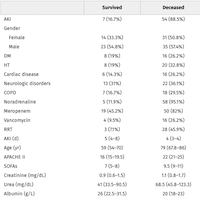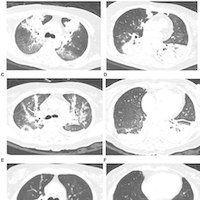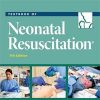Incidence of Bloodstream Infections, Length of Hospital Stay, and Survival in Patients With Recurrent CDI Treated With Fecal Microbiota Transplantation or Antibiotics
annals.org
In a propensity score–matched cohort, patients with recurrent Clostridioides difficile Infection (CDI) treated with fecal microbiota transplantation (FMT) were less likely to develop primary bloodstream infection (BSI).
Of the 290 patients, 109 were treated with FMT and 181 received antibiotics. 5 patients in the FMT group and 40 in the antibiotic group developed BSI.
Because of differences in the patients treated with FMT versus antibiotics in many baseline characteristics, including number of recurrences and CDI severity, comparative analyses were limited to the matched cohort.
Risk for BSI was 23 percentage points (95% CI, 10 to 35 percentage points) lower in the FMT group; the FMT group also had 14 fewer days of hospitalization (CI, 9 to 20 fewer days) and a 32–percentage point increase in OS (CI, 16 to 47 percentage points) compared with the antibiotic group.
The primary outcome was primary BSI within 90 days. Secondary outcomes were length of hospitalization and overall survival (OS) at 90 days.















